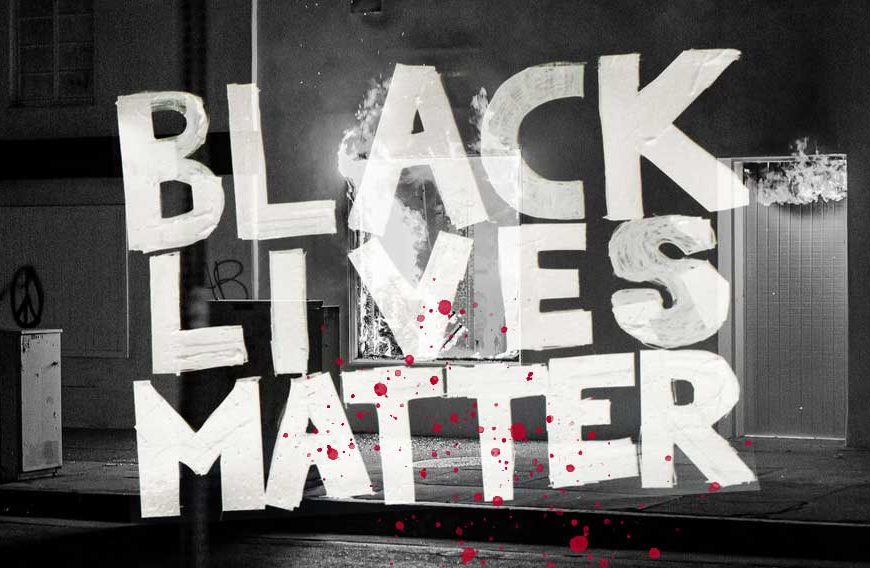This new book is a much-needed challenge to our complacent Christianity:
I and many others have long been saying that the church in the West – be it America or Australia or wherever – is in many ways like the church in Germany in the 1930s. Great evil was everywhere back then as it is now, yet most Christians have been totally silent – even indifferent.
That is the theme of this brief but important new book by Metaxas. And he of course is well placed to write such a volume, having done a terrific job back in 2010 examining the life and legacy of the German Christian pastor Dietrich Bonhoeffer who defied the Nazis and sought to awaken a sleeping church.
We all know the saying about ‘those who ignore the lessons of history being condemned to repeat its mistakes’. Here Metaxas makes it clear how important this is. While we did have prophetic voices like Bonhoeffer and others sounding the alarm back then, too many Westerners today have forgotten all about them. So we see history repeating itself right before our very eyes.
These great Christians of last century strongly made the case that the church has a solemn obligation to speak out about evil in all its forms, including government evil. And it also has a duty to resist the state at certain times for the sake of being true to biblical Christianity.
Believers are not just to speak against the state when it promotes great evil, but against the church as well when it has gotten too close to the state, and when it winks at evil and becomes complicit in it. The Christian’s prophetic task is to speak against both church and state at such times.
Bonhoeffer certainly did this. And he paid a heavy price for taking such a stance. Many Christians of course wanted nothing to do with him, and the Nazis wanted him silenced. So he was arrested and then executed. His was a costly Christianity. He had said no to cheap grace.
Like so many other observers, Metaxas is quite concerned about the gathering darkness here in the West, and how so many parallels with what occurred a century ago are now in view today. Will the church once again fail miserably to be a bold witness for Christ in such circumstances? Or will it decide that it must rise to the challenge and be the salt and light it was always meant to be? Says Metaxas:
If you do not speak, you are not being neutral, but are contributing to success of the thing you refuse to name and condemn. Contrarily, it follows that those who speak out make it easier for others to speak out. Just as cowardice begets cowardice, courage begets courage. When we speak out, we inevitably encourage others to speak out along with us, decreasing the price of speaking out. So there is no way to remain neutral in such situations. Either we help evil, or we fight evil. Either we speak and thereby help others to speak truth, or we cower in silence and thereby lead others to do the same.
He looks at various reasons why believers have tended to stay silent and not speak out. Four issues come to mind: the preaching of cheap grace; the idea that the church only should evangelise; the idea that Christians should not be involved in politics; and the idea that our faith is mainly a pietistic one in which we try to only avoid personal sin.
There are various versions of these shortcomings. For example, some believers spend all their time arguing about doctrine. Now doctrine is certainly very important, but it must not be divorced from the world we live in. As Metaxas writes:
“When the German Church in the 1930s and the American Church of our day focus on doctrinal statements but forget that we are obliged to live out what we claim to believe, we make a mockery of what God actually requires of us. This is what Bonhoeffer was calling the German Church to repent of in his Reformation Day sermon, and it is this that God is calling the American Church to repent of today.”
Or consider how most American – and Western – Christians view evangelism:
Because of this hypertrophied view of evangelism, there are many today who refuse to comment on anything controversial or political if they think it might conceivably interfere with the possibility of leading someone to salvation. They forget that God gives them other duties, including loving our neighbors by sometimes speaking the truth. We become so desperate to show those listening to us that we are exactly like them – and that we do not judge them – that we forget these are not the only things worth being concerned with.
We hear over and over of pastors who have taken this tack with tragic results. The tats and skinny jeans and smoke machines and celebrities in the green room – and all of our professions of “nonjudgmentalism” – are not quite enough to bring people to Jesus. At some point we may be required to say something that causes people to stop nodding along, and might even cause them to walk away.
Metaxas reminds us that times and circumstances change. Not all that long ago in the West one could be a good Christian by simply going to church on Sunday, being a good employee, and looking after one’s family. Those are all still important things to do of course, but times have changed.
We have moved from a culture that affirmed and more or less agreed with Christianity to one that is actively hostile to it. Things have changed, and so the church must change. Metaxas mentions one recent article in which the author speaks about how he has “Evolved on Tim Keller.” Says Metaxas:
“The problem is not at all that wonderful pastors like New York’s Tim Keller were wrong in their assessments that we should avoid politics and culture-warring, but that as circumstances in our own culture changed, they eventually became wrong by sticking to a script that was no longer right for the time in which we found ourselves.”
Bonhoeffer had known that things were changing radically and rapidly in Germany, and he tried to alert the church to this, so it might readjust as to how it responded. But most German Christians did not budge. As Metaxas writes, “Bonhoeffer was quite clear about Christians who ‘did business as usual.’ If one did not have the guts to speak against the evils being committed against the German Jews under Hitler, one had abdicated the right to worship God.”
Strong words, but true. It is just the same today, with millions of Western Christians thinking they are pleasing God in simply attending Sunday services while ignoring some of the most pressing evils of our age, such as the slaughter of the unborn. Yes, we must speak out with compassion and love, but we must speak out. Otherwise we are not really being the Church:
At what point does our silence encourage someone along in their sin and in their path away from God? Are we afraid to say that abortion is morally wrong, and that under no circumstances must we equivocate on it? Would we have spoken against slavery in 1850? Would we have spoken against the monstrously antisemitic actions of the Nazis in 1933? Why do we believe we would have spoken then if we are silent now?
And that is the real gist of this book. So often today we smugly look back and ask, ‘Why did not more German Christians speak out back then?’ Well, simply look at our deathly silence during two years of hardcore statist lockdowns. Most folks went right along with all of it, not saying a word, and actually hating on those who did. Nothing has changed.
Thus most folks are just the same today. And that includes most Christians. Their refusal to speak out on things like the horrors of abortion prove conclusively that they are the same sort of folks who remained silent last century. Metaxas closes his book by saying this: “Heaven looks to you and to me to do the right thing.”
We all must ask ourselves whether or not we are indeed doing the right thing. And a book like this helps us greatly as we think and pray about this very matter.
Australians can find this book here.



















